The biggest class action lawsuit in English and Welsh legal history officially begins Monday at the High Court, as 220,000 car owners take on five automotive giants accused of deliberately cheating emissions tests. Mercedes, Ford, Peugeot/Citroën, Renault, and Nissan face explosive allegations that they installed illegal “defeat devices” in diesel vehicles to deceive regulators and consumers about harmful pollution levels.
This landmark dieselgate lawsuit could eventually involve 1.6 million motorists seeking compensation for what lawyers describe as one of the most egregious corporate deceptions in modern automotive history. The stakes are enormous – not just financially, but for public health and corporate accountability across the global automotive industry.
Understanding the Dieselgate Emissions Cheating Scandal
What Are Defeat Devices?
Defeat devices represent sophisticated software installed in diesel vehicles designed to manipulate emissions testing results. These systems allegedly allowed cars to detect when they were undergoing official emissions tests, automatically reducing engine power and performance to artificially lower nitrogen oxide (NOx) readings.
Under normal driving conditions, however, these same vehicles would emit significantly higher levels of dangerous pollutants than legally permitted – potentially exposing millions of people to harmful air quality without their knowledge.
The Original Volkswagen Dieselgate Revelation
The dieselgate scandal first erupted in September 2015 when the United States Environmental Protection Agency publicly accused Volkswagen of systematically installing defeat devices across its diesel vehicle lineup. This revelation sent shockwaves through the automotive industry worldwide.
By 2020, the UK High Court officially ruled that Volkswagen had violated European Union emissions regulations. The German automaker subsequently settled a British class action lawsuit out of court, paying £193 million to 91,000 UK motorists. Globally, Volkswagen has paid over €32 billion (approximately £27.8 billion) in fines, settlements, and legal costs related to the emissions scandal, predominantly in the United States.
The Five Carmakers Facing Dieselgate Allegations
Why These Companies Were Selected
The High Court strategically selected Mercedes, Ford, Peugeot/Citroën, Renault, and Nissan as lead defendants because the lawsuit’s scope is unprecedented. These manufacturers represent the first wave of trials, but nine additional carmakers face similar emissions cheating allegations pending the outcome of this initial case.
Current Claims and Accusations
Lawyers representing affected motorists allege these five manufacturers deliberately misled consumers about their vehicles’ environmental performance. The accusations include:
- Installing software specifically designed to circumvent clean air regulations
- Marketing diesel vehicles as environmentally friendly when they exceeded legal pollution limits
- Continuing to sell vehicles that emit dangerous nitrogen oxide levels
- Failing to disclose the true environmental impact to purchasers
According to legal experts, if proven, these allegations would demonstrate systematic corporate deception affecting millions of consumers across multiple countries.
What Nitrogen Oxide Emissions Mean for Public Health
Nitrogen oxides (NOx) represent particularly dangerous air pollutants linked to serious respiratory conditions, cardiovascular disease, and premature death. The World Health Organization has classified diesel engine exhaust as carcinogenic to humans.
When vehicles emit higher NOx levels than stated, they contribute disproportionately to urban air pollution. Cities already struggling with air quality face compounded health risks when supposedly clean diesel vehicles actually produce excessive emissions.
Martyn Day of Leigh Day law firm, representing thousands of affected drivers, emphasized the health implications: “People across the UK have been breathing in far more harmful emissions from these vehicles than they were told about, potentially putting the health of millions at risk.”
Timeline: From Discovery to Court Trial
September 2015
US EPA publicly accuses Volkswagen of installing defeat devices, triggering global investigations into diesel emissions.
2020
UK High Court rules Volkswagen violated EU emissions regulations through illegal defeat device usage.
2025
Historic class action trial begins against five major carmakers, representing 220,000 initial claimants with potential expansion to 1.6 million motorists.
Summer 2026 (Expected)
Court judgment anticipated on whether carmakers violated emissions regulations.
Autumn 2026 (Potential)
If carmakers are found liable, compensation determination trial scheduled to begin.
How the Carmakers Are Defending Themselves
All five automotive companies strongly deny the emissions cheating allegations and have issued statements defending their testing practices.
Mercedes-Benz maintains that mechanisms used during emissions testing were “justifiable from a technical and legal standpoint,” suggesting their systems complied with regulations as they understood them.
Renault and Stellantis (parent company of Peugeot and Citroën) assert that vehicles sold during the relevant period fully complied with applicable regulations at the time of manufacture and sale.
Ford categorically states the claims have “no merit” and plans to vigorously defend its emissions testing procedures in court.
Nissan emphasizes its “commitment to compliance in all markets in which we operate,” rejecting allegations of intentional emissions manipulation.
What Makes This the Largest UK Class Action Ever?
This dieselgate lawsuit represents unprecedented scope in British legal history for several reasons:
Scale of Claimants
With 220,000 initial plaintiffs and potential expansion to 1.6 million car owners, the case dwarfs previous consumer class actions in the UK.
Multiple Defendants
Unlike typical class actions focusing on a single company, this lawsuit simultaneously targets five major automotive manufacturers, requiring complex coordination and evidence presentation.
Legal Representation
Twenty-two different law firms are collaborating to represent affected motorists, demonstrating the case’s complexity and significance.
Potential Compensation Value
If successful, compensation amounts could reach billions of pounds, depending on individual vehicle values and damage calculations.
Implications for the Global Automotive Industry
Regulatory Changes
The dieselgate scandal has already prompted stricter emissions testing protocols worldwide. Real-world emissions testing (RDE) now supplements laboratory conditions in many jurisdictions, making defeat device manipulation more difficult.
Consumer Trust
Automotive manufacturers face ongoing challenges rebuilding consumer confidence in diesel technology and environmental claims. Many markets have seen accelerated shifts toward electric vehicles partly due to dieselgate revelations.
Corporate Accountability
This lawsuit sends a clear message that companies cannot escape consequences for systematic consumer deception, even years after initial discoveries.
For readers interested in following international legal and political developments, Singhadarbar provides comprehensive coverage of major news stories affecting global industries and consumer rights.
What Car Owners Should Know Right Now
Are You Affected?
Motorists who purchased diesel vehicles from Mercedes, Ford, Peugeot, Citroën, Renault, or Nissan during the relevant periods may be eligible to join the class action. Legal firms representing claimants continue accepting new clients as the case progresses.
What Compensation Might Look Like
While no compensation has been determined yet, the Volkswagen settlement provides a reference point. VW paid an average of approximately £2,120 per affected UK vehicle owner. Compensation in the current lawsuit would depend on multiple factors including vehicle purchase price, depreciation, and demonstrated harm.
Timeline Expectations
Motorists should understand this represents a long legal process. The trial beginning Monday won’t reach judgment until summer 2026 at the earliest, with any compensation trials extending into late 2026 or beyond.
The Broader Environmental Impact
Beyond individual compensation, this dieselgate lawsuit raises critical questions about corporate environmental responsibility. If vehicles have been emitting excessive pollutants for years, the cumulative environmental damage extends far beyond individual car owners.
Urban air quality, climate change contributions, and public health costs all factor into the broader societal impact of alleged emissions cheating. Some environmental advocates argue that financial penalties alone cannot address the lasting damage caused by years of excessive diesel emissions.
What Happens Next in Court?
The High Court will examine extensive technical evidence about emissions control systems installed in diesel vehicles. Expert witnesses will testify about whether these systems were legitimately designed for vehicle protection and performance, or specifically engineered to manipulate testing results.
Martyn Day emphasized the historic nature of this moment: “A decade after the Dieselgate scandal first came to light, 1.6 million UK motorists now get their chance to establish at trial whether their vehicles contained technology designed to cheat emissions tests.”
The court must determine whether the five carmakers knowingly violated clean air regulations and whether consumers were materially misled about their vehicles’ environmental performance.
Conclusion: A Defining Moment for Corporate Accountability
This massive dieselgate emissions lawsuit represents more than just financial compensation for affected car owners. It embodies a fundamental question about corporate responsibility, consumer protection, and environmental justice in the modern era.
As the trial unfolds over the coming months, it will test whether automotive giants can be held accountable for alleged systematic deception that potentially compromised public health while claiming environmental responsibility. The outcome will likely influence corporate behavior, regulatory approaches, and consumer rights far beyond the automotive sector.
For 220,000 motorists taking their day in court – with potentially 1.6 million more watching closely – this lawsuit represents their opportunity to demand accountability from some of the world’s most powerful corporations.

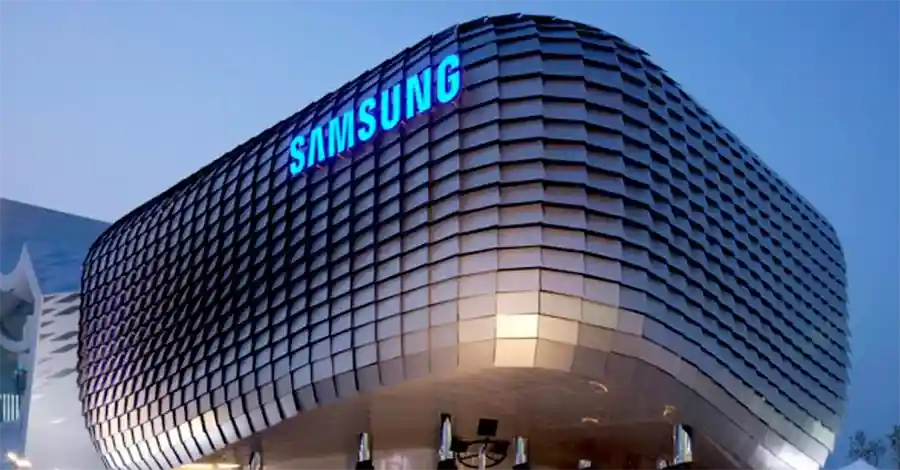

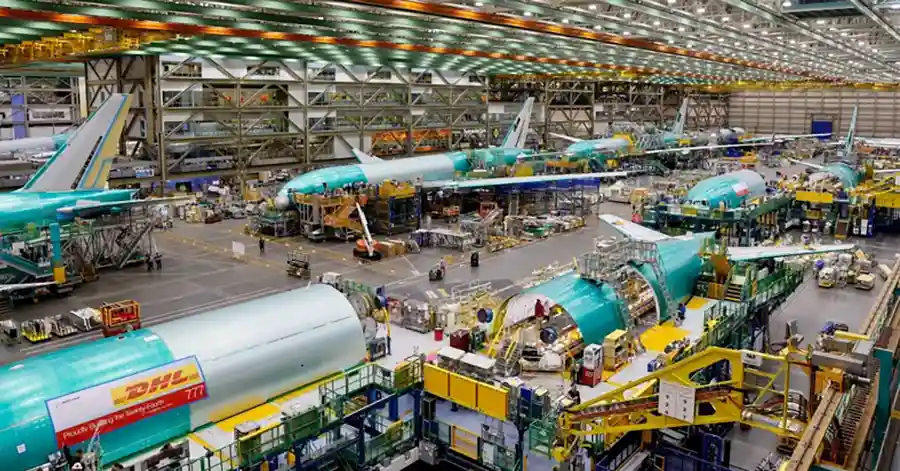


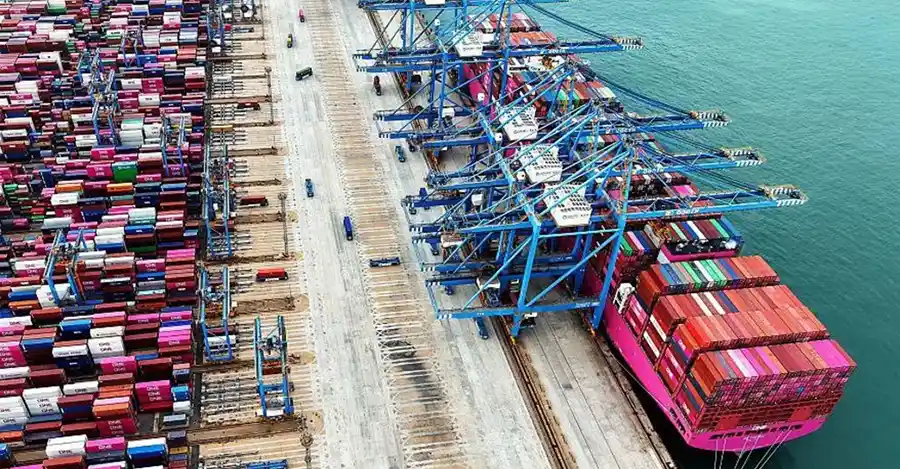







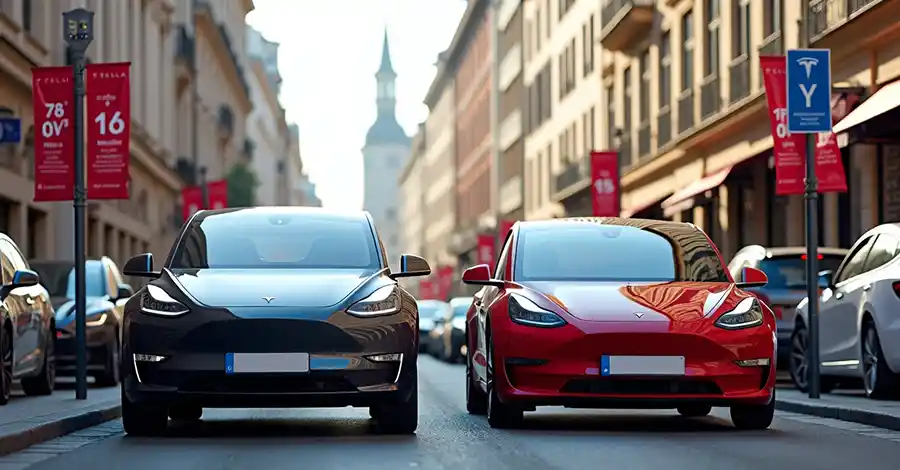
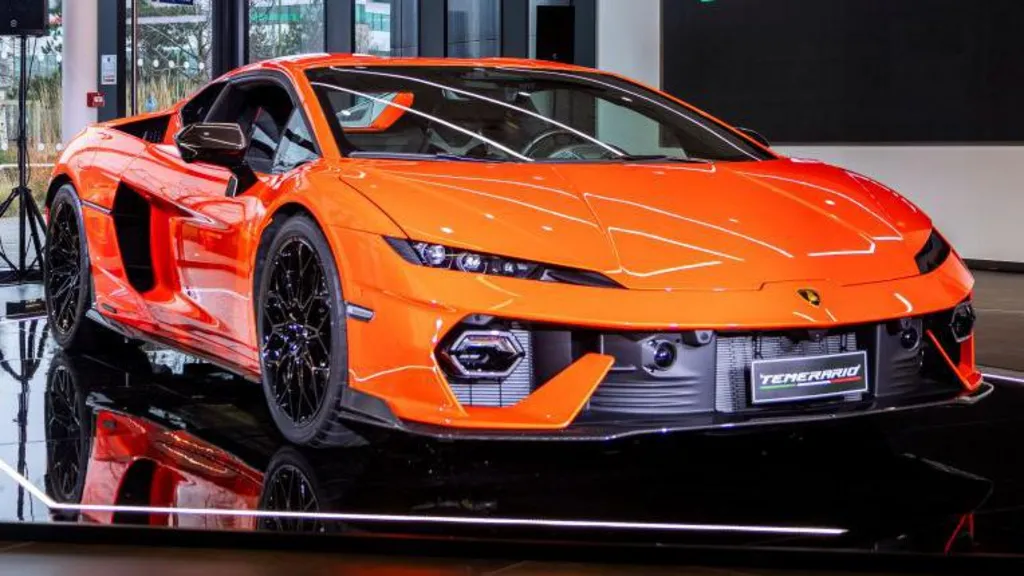





Comments